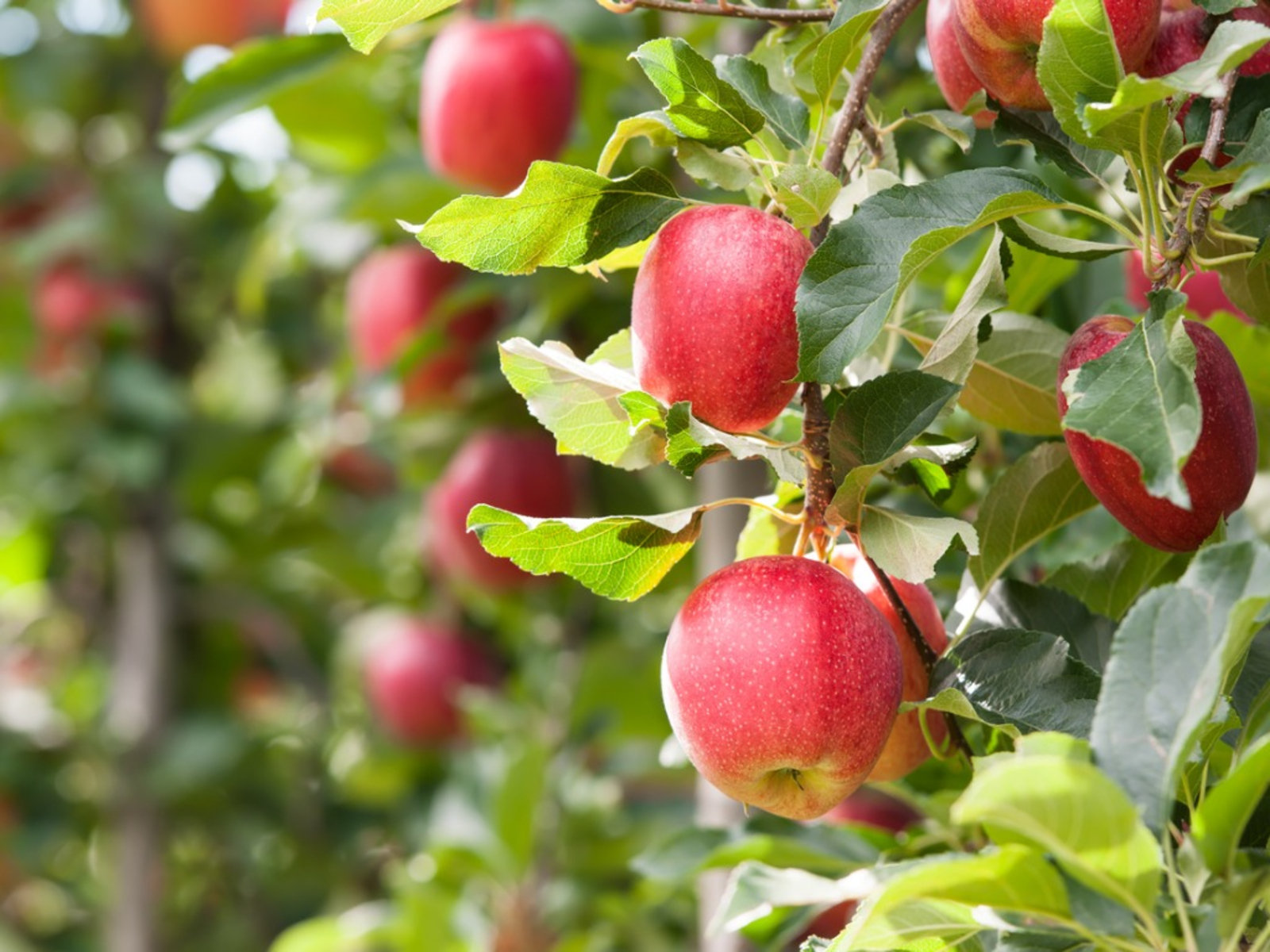Extreme weather events have led to an unexpected phenomenon in Korea, wiping out apple crop yields. Amid rising global temperatures and intense rainfall, the fruit is struggling to survive.
What's happening?
According to The Korea Times, intense heat combined with heavy rain has caused apples to crack and split open.
For farmers who have been growing apples in Korea's South Jeolla Province, this was devastating to their harvests and shocking.
"If I had 100 apples last year, about 80 split open," apple farmer Yoon Young-hwan told the publication. "This year, I tried everything I could to prevent it, but still about 60% cracked. We call this 'yeolgwa.' When I started farming apples in 1972, this concept didn't even exist."
The dramatic change in the weather has caused ripe apples to absorb water too quickly. This sudden absorption is something the fruit's skin cannot adjust to in time, causing the apple to rip open.
Even in the few cases where the apples don't end up splitting, the extreme heat is causing the apples to yellow and spoil, The Korea Times observed.
Why is the impact of extreme weather on apples in Korea concerning?
Apples are a cool-temperature crop that grows best when the air is between 45 and 52 degrees Fahrenheit, per The Korea Times.
However, with temperatures in Korea rising, "apple cultivation is likely to vanish from Korea by the end of the century."
The burning of dirty energy has a direct impact on global food supplies. As countries continue to rely on non-renewable forms of energy, harmful gases enter the atmosphere, which overheat the planet and catalyze extreme weather events that jeopardize the agricultural industry.
Lower crop yields due to extreme weather also cause food prices to increase, putting financial strain on the average person.
What's being done about Korea's struggling apple industry?
While some farmers across the globe have been switching out crops amid rising global temperatures, this solution is merely a band-aid that fails to address the underlying problem. What's worse, for Korean apple farmers, switching to sub-tropical fruits, as the country imports apples, is both costly and time-consuming.
"It's frustrating to hear about importing apples when we can't even grow them properly," Yoon told The Korea Times. "The entire apple industry could collapse."
The primary approach to mitigating extreme weather events is to take actions that combat rising global temperatures.
As countries transition to renewable energy sources and reduce their carbon footprints, individuals can make simple lifestyle changes to decrease their own pollution outputs.
These changes include eliminating single-use plastics, shopping secondhand, and upgrading to energy-efficient appliances.
Source - https://www.yahoo.com













